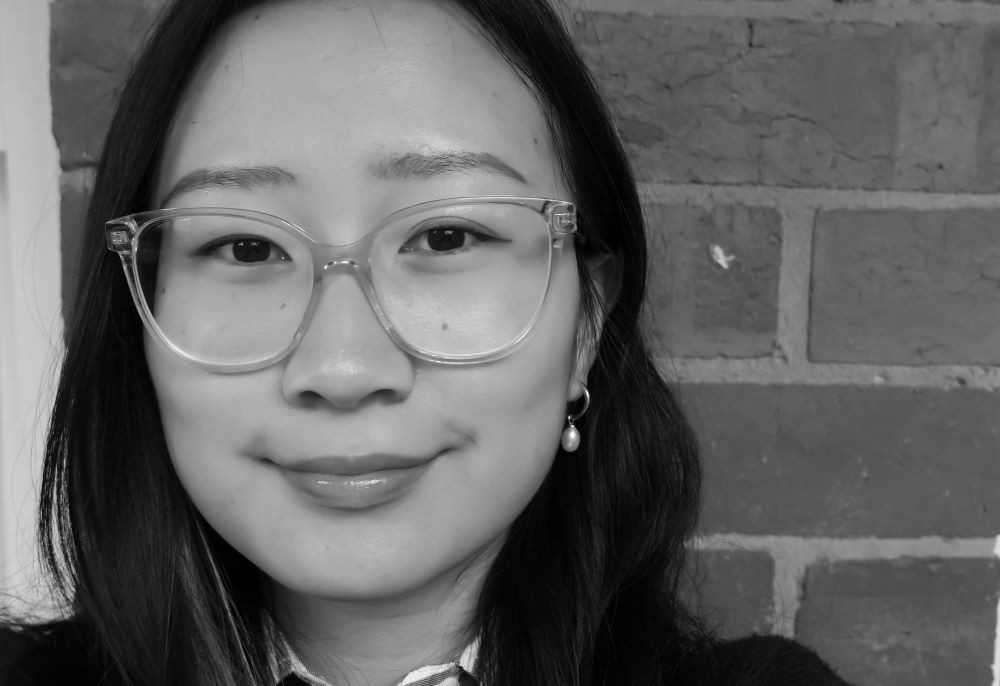
Beauty has a quality about it that pretends to neutrality and universality, despite being steeped in asymmetrical constructions of aesthetic judgement. Of course, this is no surprise in a hierarchical world; ‘Taste classifies, and it classifies the classifier.’ (Bourdieu Distinction xxix) In his poetry collection, Terminally Poetic (2020), Ouyang Yu scathingly critiques hegemonic and Anglocentric aesthetics, raising instead the generative potential of the ugly and the imperfect. Writing in a literary market that moves cosmopolitan capital and commodifies ‘ethnic’ difference, Yu writes to unsettle normative aesthetics that are contingent upon colonially inherited Eurocentric notions of beauty and relegates ‘ethnic’ alterity to easily digestible images of Orientalist fantasy. In this essay, I explore how Terminally Poetic unsettles aesthetic and linguistic whiteness in two parts. I begin by articulating how Yu de-centres Anglocentric aesthetics, contaminating the high cultural register of poetry with an aesthetic of the profane and vulgar. In doing so, he suggests that neutral sounding notions of aesthetic standards and propriety are not so neutral after all. I then argue that Yu’s undermining of Anglocentric aesthetics marries his critique of Australia’s ‘monolingual mindset’, revealing the limitations of Australia’s reliance on colonially inherited linguistic aesthetics in opposition to a plurilingual reality. Analysing his radical poetics through his linguistic play, I suggest that Yu articulates an enmeshed multilingualism that challenges the neutrality of monolingualism.
These terms prompt brief definitions. I use monolingual and multilingual in this essay carefully to avoid reinforcing an unproductive secondary binary of monolingual/multilingual and un/generative expression. As Rey Chow suggests in Not Like a Native Speaker, monolingual expression can contain radical potential in its undermining of colonialist sentiment (37-8), and concomitantly, as Anjali Pandey examines in Monolingualism and Linguistic Exhibitionism in Fiction, multilingual expression can reinforce Anglocentric hegemony by engaging with plurilingualism under a commodifying and exoticising gaze (3). As I have not yet been able to locate a unifying sentiment in the literature as to the distinctions between these terms and their political effects, for the sake of this essay, I use monolingual and multilingual only to refer to expressions; for example, Yu’s monolingual expression may refer to a poem in which he does not activate non-English linguistic elements. However, I use ‘plurilingual’ in reference to the lived multilingual experiences of Australia, and ‘monolingualism/ist’ to refer to what Michael Clyne terms, the ‘monolingual mindset’, further defined by David Gramling as ‘the misalignment between Australian societal diversity in language and a state apparatus disinclined to recognize it’ (qtd. in Gramling 6). Under these terms, I advance that Yu’s generative monolingual and multilingual expressions undermine a monolingualist Australia.
Furthermore, as this essay discusses the function of Yu’s collection in the context of a multiculturalist literary industry, I draw upon Ghassan Hage’s analysis of the ‘cosmopolitan capitalist’. Cosmopolitan capitalism commodifies and consumes ethnic difference insofar as it generates economic and cultural capital to affirm the image of a tolerant, diverse Australia with a central white nation (120-1). The ‘ethnic’ other, in this case, is a racialised actor, whose identity is constructed by such a white nation out of overlapping racial discourses, as opposed to anything inherent to ethnicity. These two key ideas form the basis upon which Yu’s literary expression intervenes, as he resists transformation into ethnic commodity, interworking a critique of whiteness-centred diversity into his poetics.









